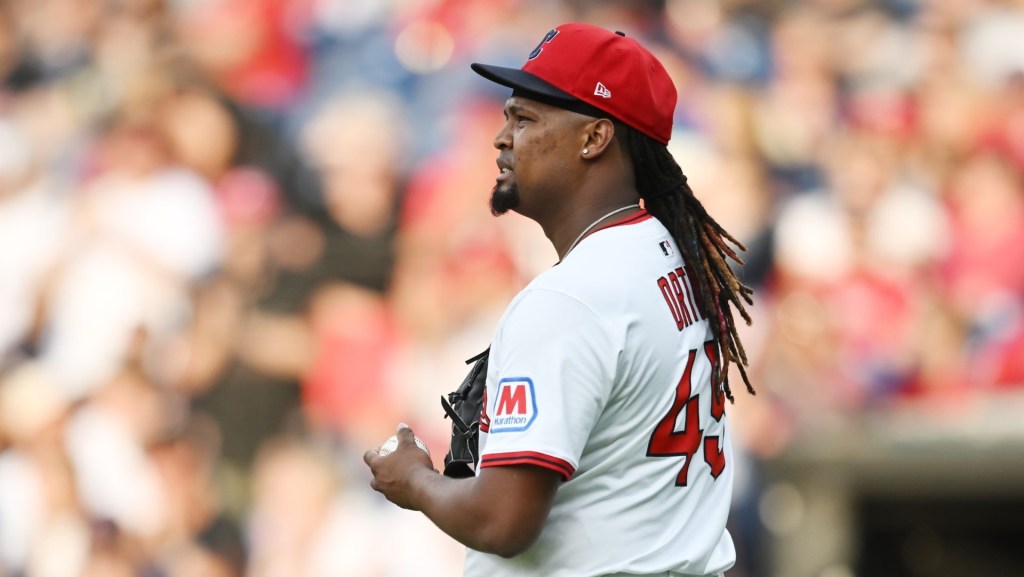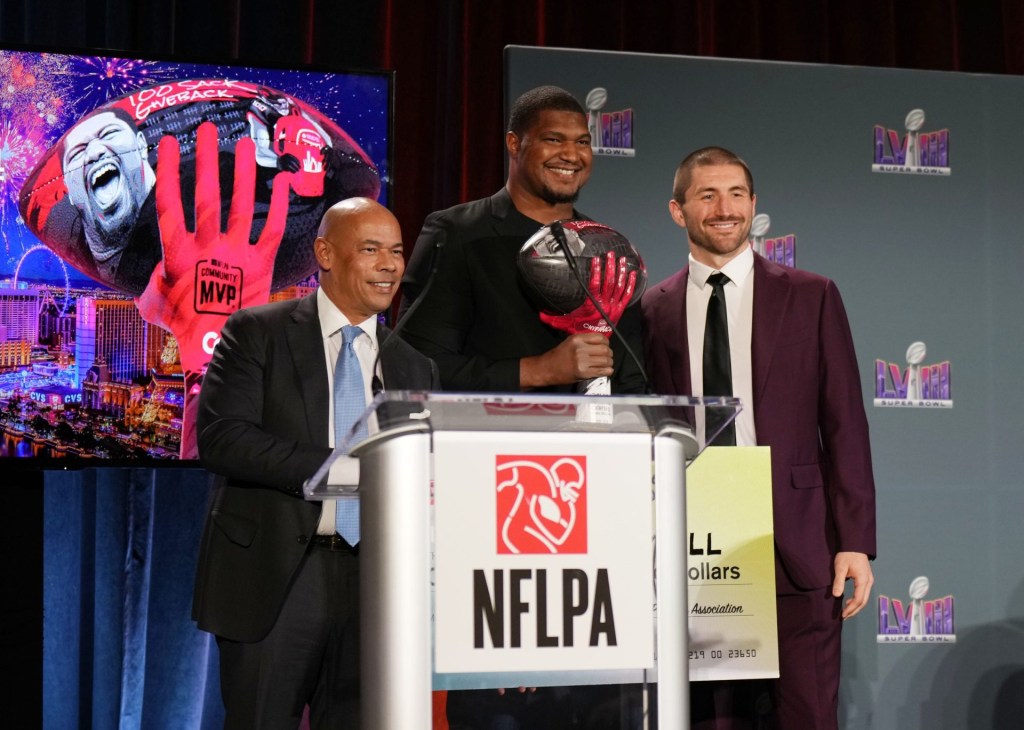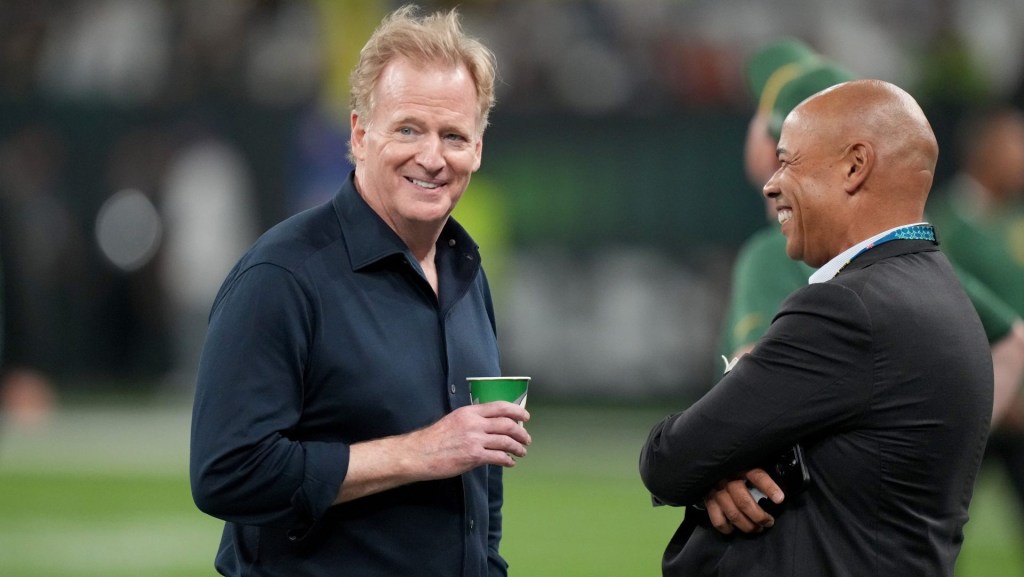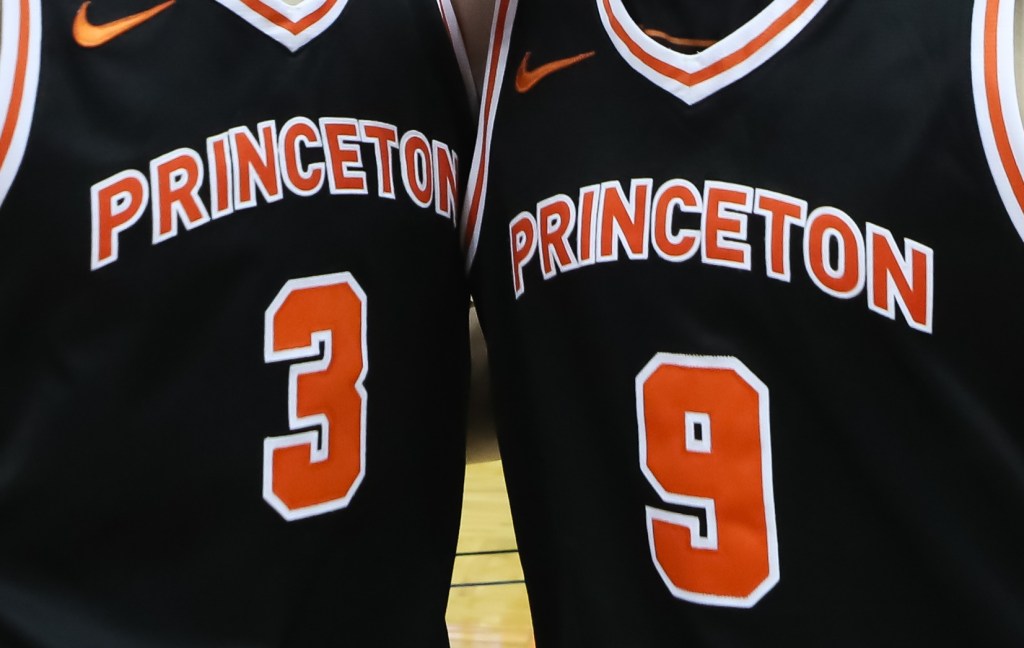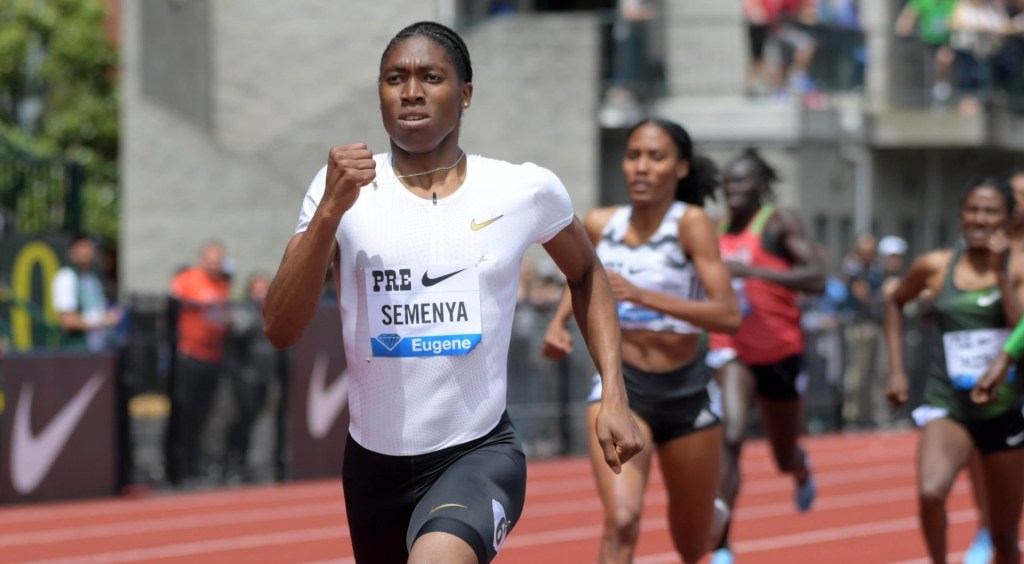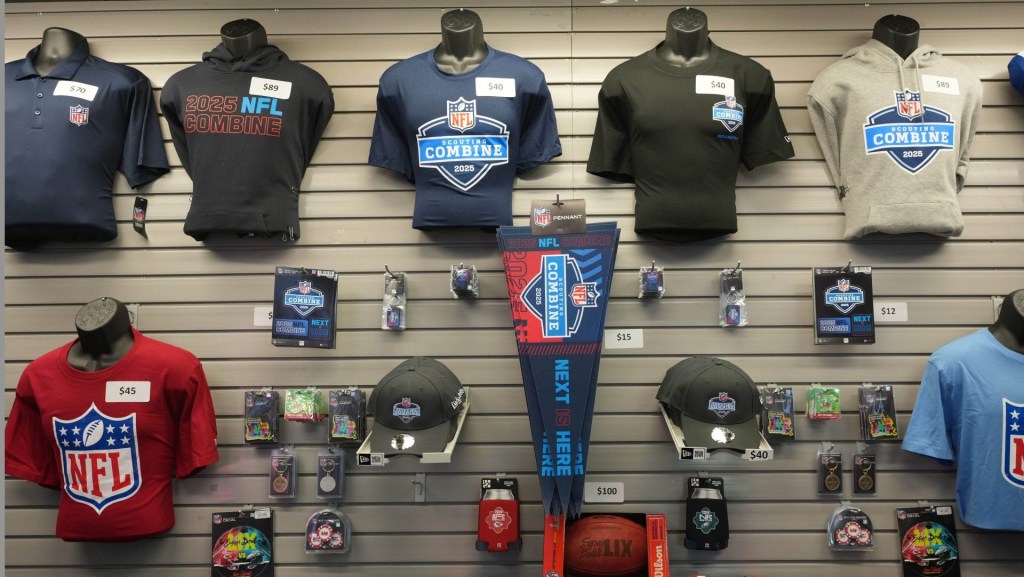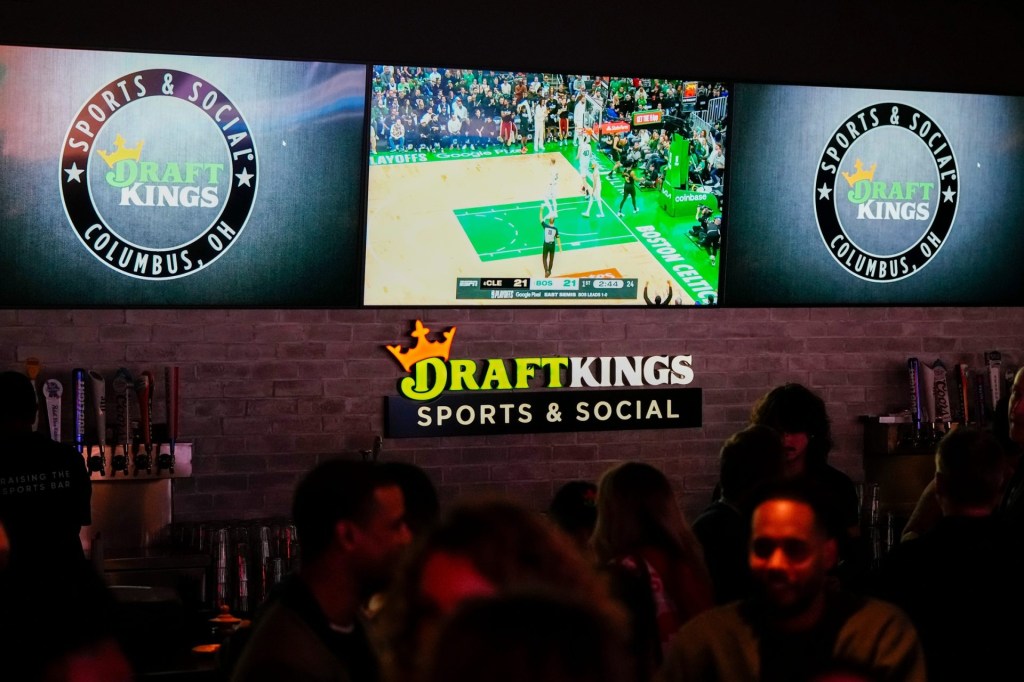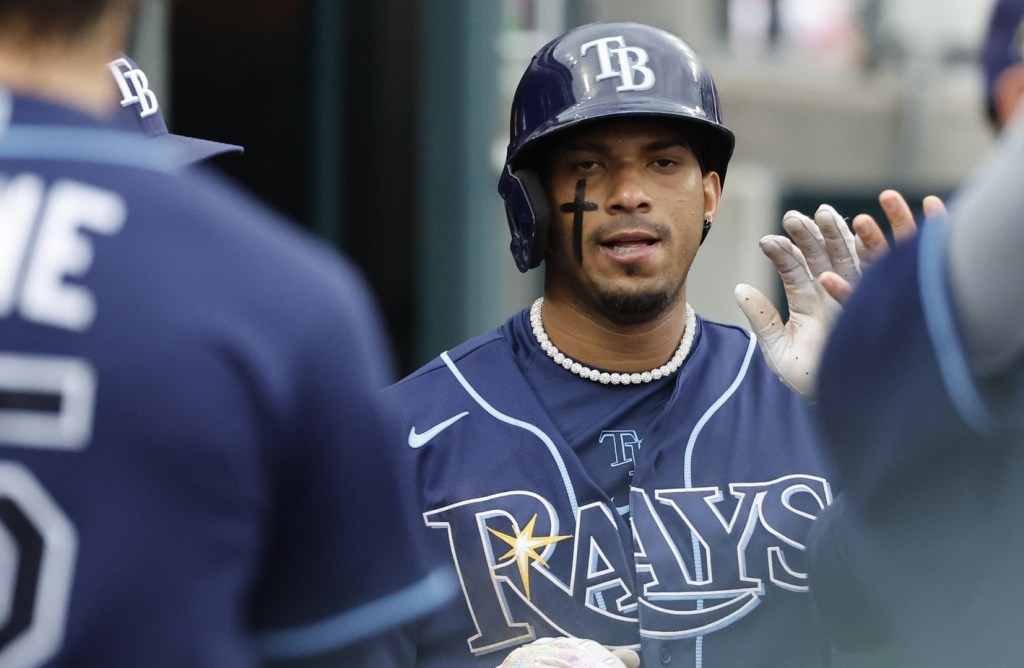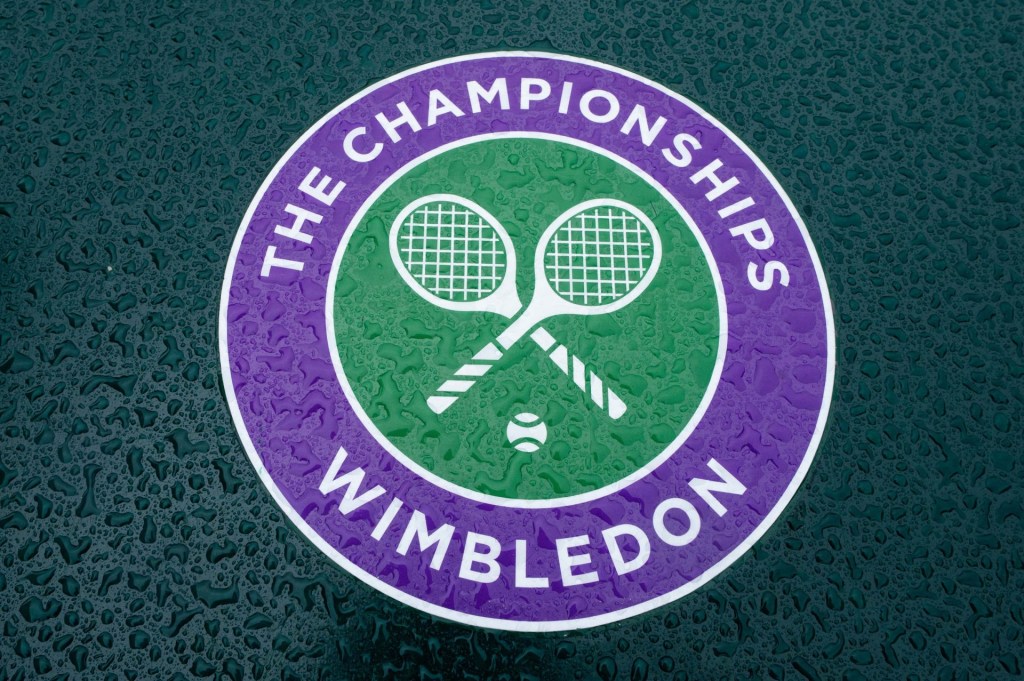Ticketmaster parent Live Nation has seen a largely uninterrupted run of growth since emerging from the depths of the COVID-19 pandemic that brought the live event industry to a crashing halt. Its most recent quarter featured a 21% bump in revenue to $3.8 billion, the seventh straight quarter of double-digit percentage growth where meaningful year-over-year comparisons could be made.
But that momentum hit a major obstacle Thursday, one that could render seismic changes for both the company itself and the businesses of both concerts and sports.
The U.S. Department of Justice sued Live Nation for antitrust violations, alleging a wide range of improper practices to block out competition. The court is seeking a split of Ticketmaster and Live Nation, essentially undoing a landmark merger of the two entities in 2010. Twenty-nine states and the District of Columbia have also joined in the lawsuit with the DOJ.
“It’s time for fans and artists to stop paying the price for Live Nation’s monopoly,” said U.S. Attorney General Merrick Garland. “It’s time to restore competition in the entertainment industry. It is time to break up Live Nation-Ticketmaster. The American people are ready for it.”
The market reaction was swift and severe. Live Nation stock ended the day down 7.8% to $93.48 per share, but the company is remaining defiant and called the DOJ claims “absurd.”
“Calling Ticketmaster a monopoly may be a PR win for the DOJ in the short term, but it will lose in court because it ignores the basic economics of live entertainment,” Live Nation said.
Impact on Sports
The government’s case against Live Nation stems primarily from the concert business—where rising ticket fees, difficult on-sale dates, and spotty customer service have particularly frustrated fans for years. But if the government is successful in breaking up the companies and introducing a broader realm of competition, that could also lead to a reduction of some ticket fees fans pay to see games.
As it currently stands, sports represents more than 60% of Ticketmaster’s overall ticket volume, and the company controls the vast bulk of primary ticketing in the NHL and NBA while also maintaining an extensive presence in the NFL, MLB, and many other major sports leagues.


